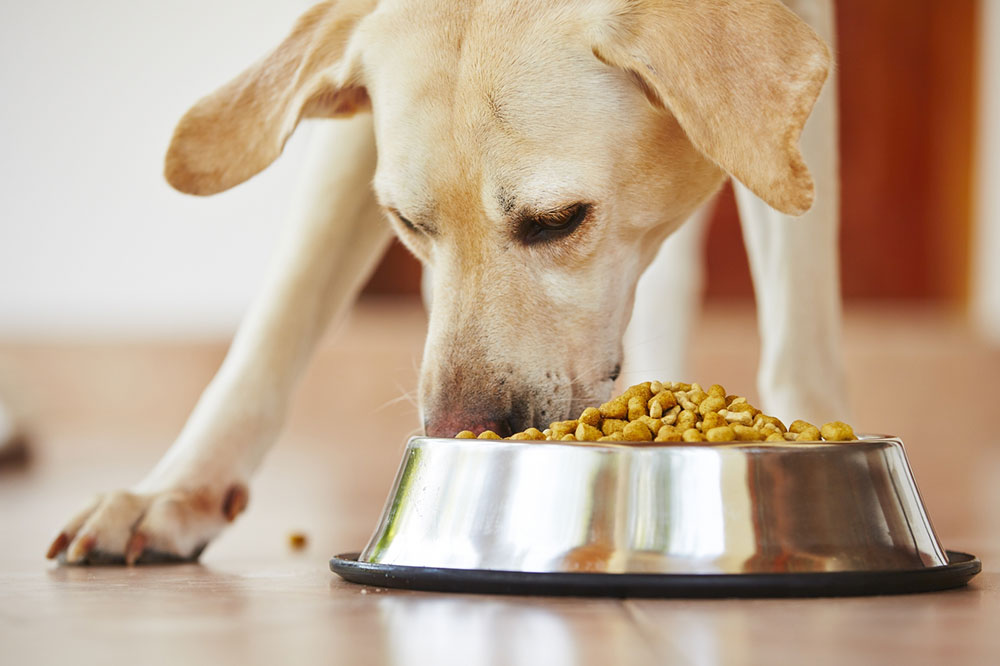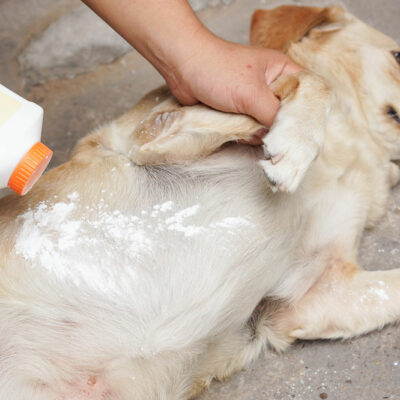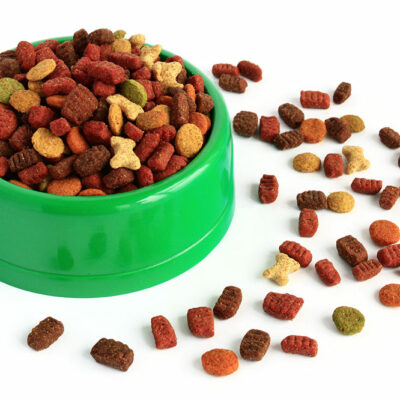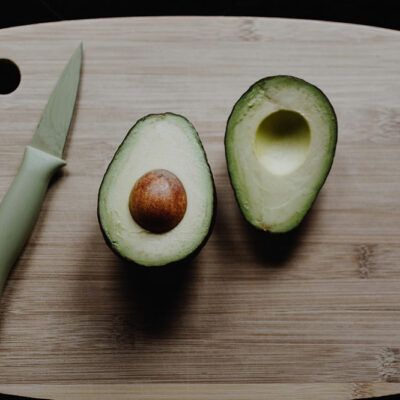
4 Eating Tips to Prevent Food Allergies in Dogs
If you’re a pet parent, you must be well aware of the food allergies and the havoc it can cause for your pets as well as you. Just like us humans, dogs’ immune system mistakes an ingredient in their food as foreign, and the body turns on its defense mechanism. If your furry friend is prone to food allergies, here are a few dietary tips you can make a note of.
1. Foods that provoke allergies in canines
Before you start looking for a solution, it’s imperative to know the cause of the problem. And in the case of food allergies in dogs, protein foods are the most common culprit. Protein like beef, chicken, dairy, eggs, and tuna can result in an allergic reaction. The other plant-based foods that can have the same effect on dogs are carbohydrates, corn, wheat, and soy.
2. Recognize the allergens
If you want to identify what exactly is causing the food allergy problem in your dog, you must consult a vet or opt for an elimination diet. In fact, the vet will also recommend putting your dog on an elimination diet. It involves feeding your pet a specific diet with a few ingredients that contain proteins, carbohydrates, fats, fiber, and vitamins, but all must be fed separately to know what’s causing an allergic reaction. This will help you identify what’s causing itchy skin for your canine friend. Once you know what ingredient to avoid, you can gradually get back to the old diet. This will need good planning and will take weeks before you find out the result. Consult your veterinarian to ensure your pet is well-fed through the process.
3. Homemade foods are the best remedy for dogs with allergies
Once you have recognized the culprit food that causes allergy to your pet, it becomes easier to make homemade treats for them. Many pet owners often choose to feed homemade food to their furry friends. This way, you eliminate the ingredient that doesn’t suit your canine and preservatives, fillers, food colors, and artificial flavors that usually are a part of packaged foods. It’s advised to get a properly balanced diet from your vet to ensure your pet continues the intake of essential vitamins and minerals. This step is crucial as your pet will be introduced to new foods and flavors and can be a little picky in the beginning. And most importantly, we don’t want our pets to fall sick due to a poor diet.
4. Hypoallergenic dog foods are the next best choice
For pet parents who’d like to keep going with a combination of home-cooked food and packaged food, there are hypoallergenic foods easily available in the market for very sensitive pets. These ensure they’re free from dairy, beef, chicken, and in some cases even wheat, soy, and grains. The most popular hypoallergenic food formulas that have proven beneficial in many cases include a hydrolyzed protein diet, which includes dominant digestible proteins, a therapeutic diet that includes omega fatty acids, and a novel protein diet that includes one source of protein from meat.


